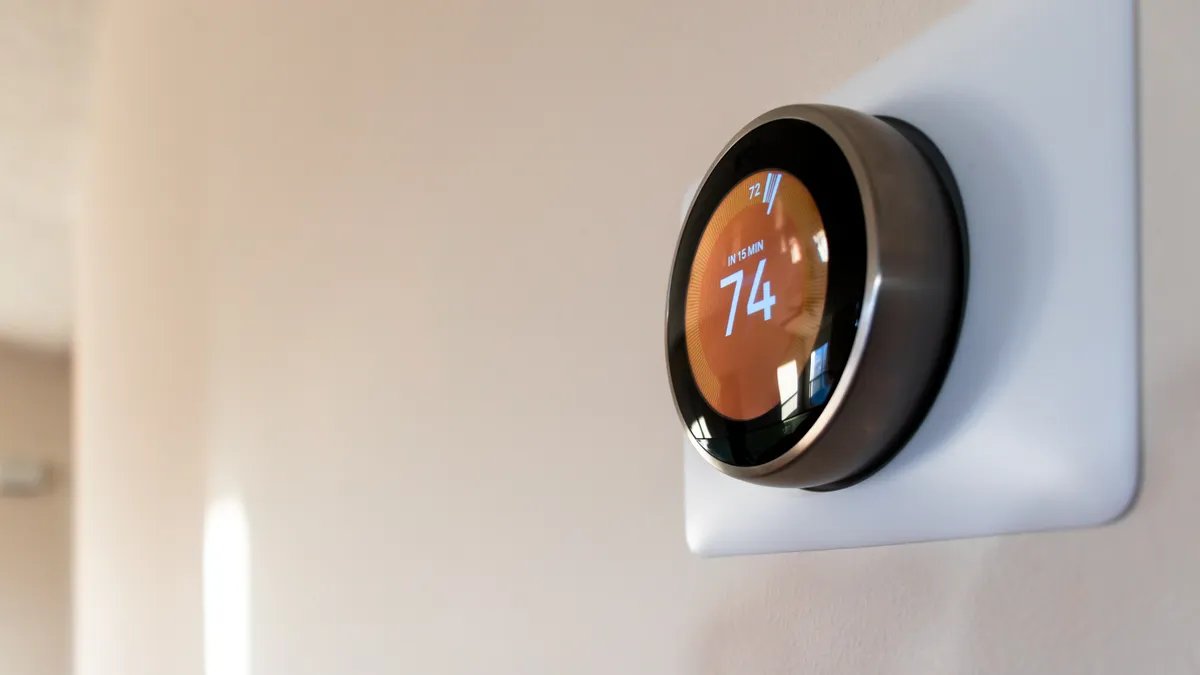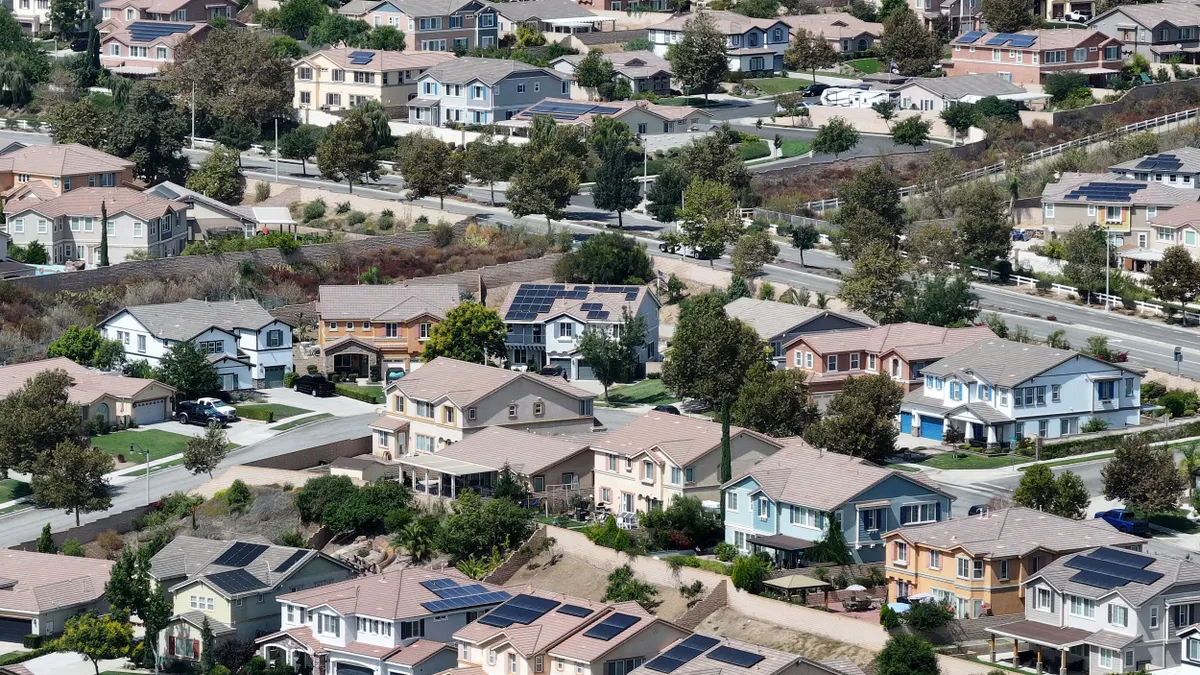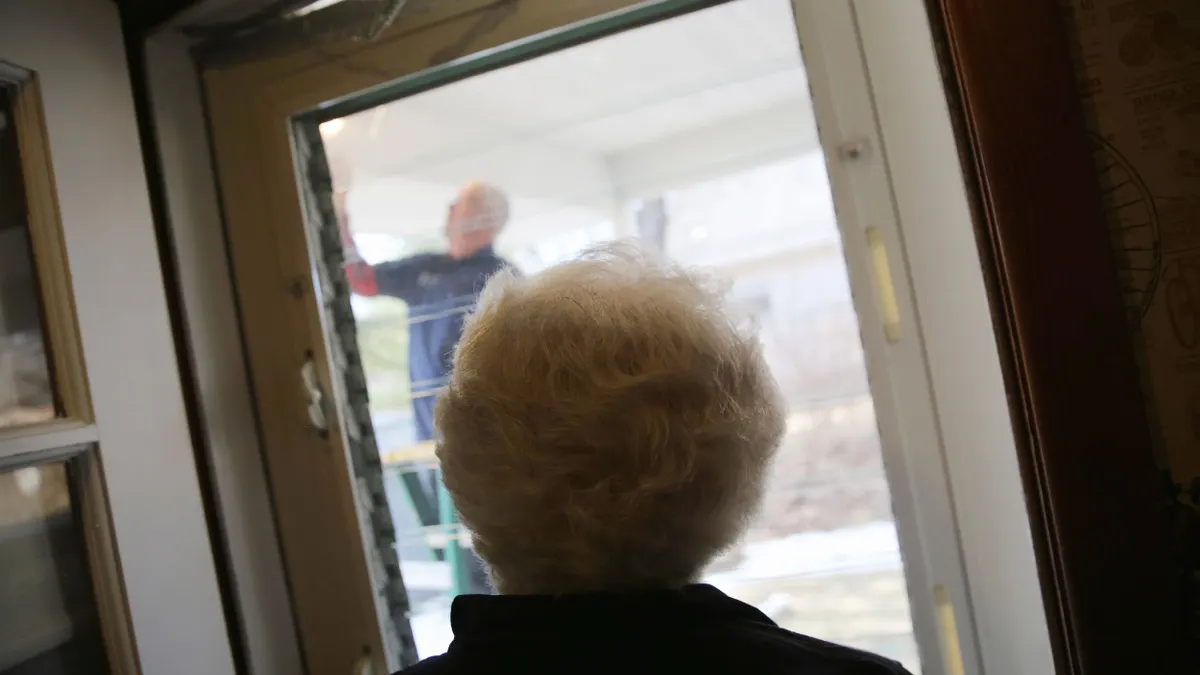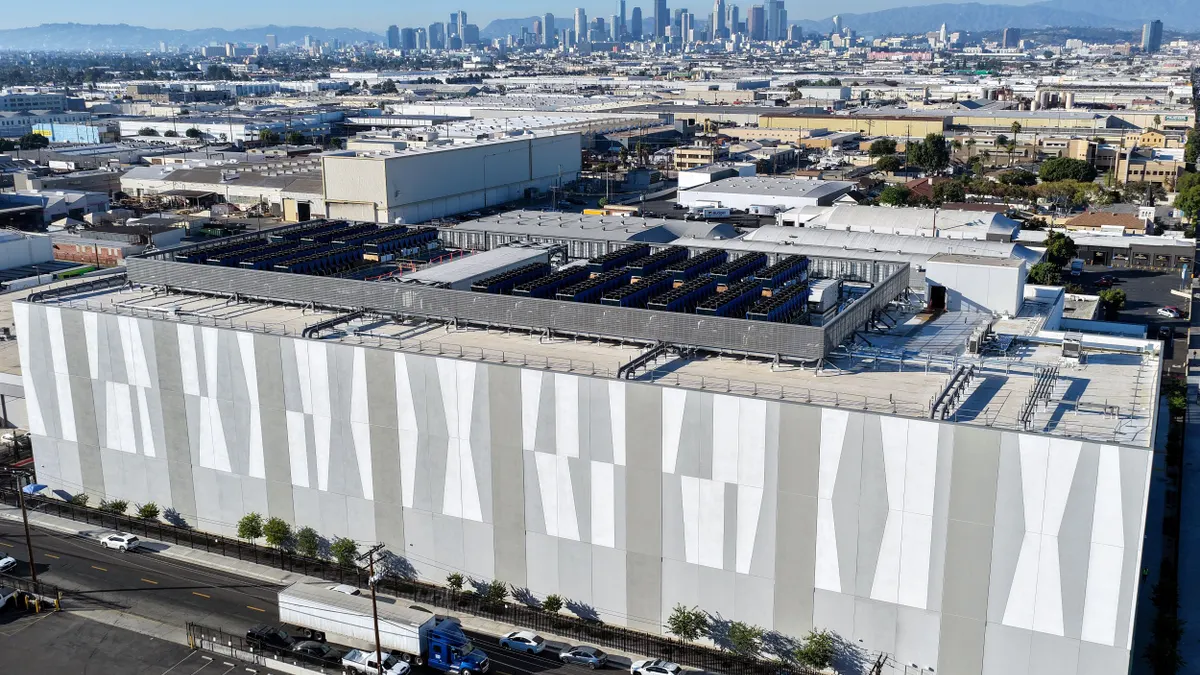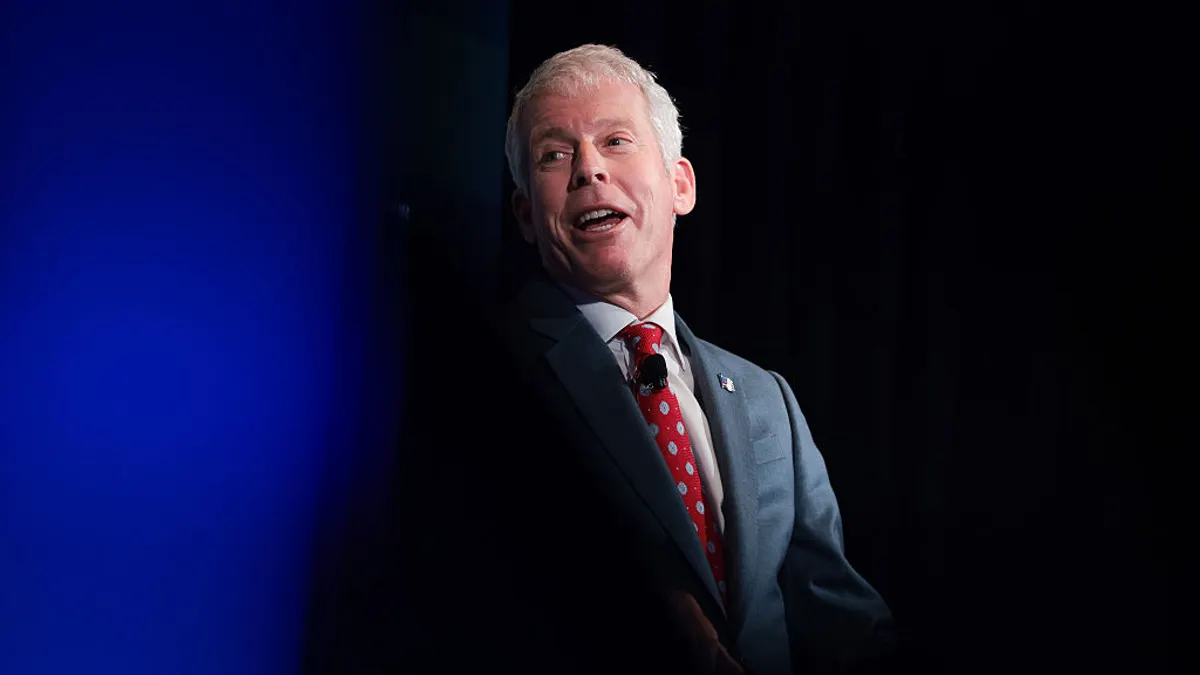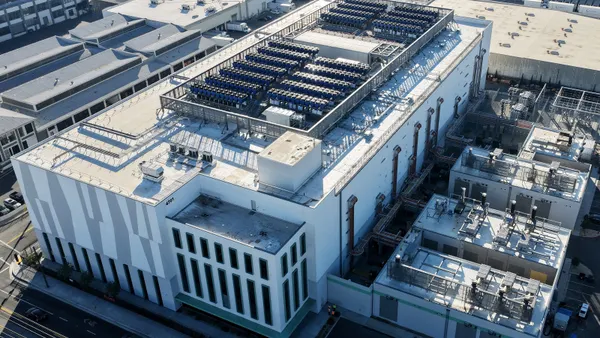While there have been many residential dynamic pricing programs over the years, few have been large deployments like Baltimore Gas & Electric's (BGE) 315,000 customer pilot. But far fewer are based on behavioral demand response.
This week, Utility Dive is taking a look at how BGE and behavioral efficiency startup Opower are bringing dynamic pricing to the utility's service territory.
BGE's Smart Energy Rewards program
Providing a glimpse of how effective dynamic pricing can be, BGE's new peak time rebate tariff was used by 82% of the 315,000 eligible program customers last summer.
BGE, an Exelon subsidiary, proposed the dynamic pricing program as part of its smart meter deployment.
After testing several options over four years, BGE decided to offer the peak time rebate as its standard tariff for residential customers with smart meters, said Ruth Kiselewich, director of BGE's demand side management programs, during a presentation hosted by the Peak Load Management Association. The rebates were “superior” in terms of customer satisfaction compared with peak time pricing, but achieved the same energy saving results.
Through the program, called Smart Energy Rewards, customers get a $1.25 rebate for each kWh they save during peak events, Kiselewich said, noting that there are no penalties for not cutting electric use during the events.
The program was launched July 9 and there were four events last year when customers were eligible for rebates, Kiselewich said, noting that it was a mild summer. On average, customers saved $9 per event, she said.
The utility is bidding the demand reduction program into the PJM Interconnection's energy and capacity markets, Kiselewich said. BGE is still studying the results and has not released information on the load reduction and energy savings from the program.
Looking ahead, about 900,000 customers will be eligible for the program next summer and 1.1 million customers in 2015 after BGE finishes its smart meter deployment, Kiselewich said. The utility expects to call for more than four events in upcoming summers.
Opower's behavioral demand response
Opower launched its behavioral demand response product and announced its partnership with BGE in September 2013.
The program was a shift for Opower, which had previously been working with BGE on energy efficiency programs and was hired to help implement the Smart Energy Rewards program.
“We had to move from getting customers to reduce energy use all of the time to some of the time,” said Tom Mercer, group product manager for Opower.
Opower found that next-day feedback to customers after an event was a critical part of making the program work. “Customers don't care very much about their energy use and you have a very short time frame to communicate with them,” Mercer said.
The program initiated 3.2 million customer communications, including via email, phone, text messaging and mail, according to Mercer. Depending on the event, 57% to 65% of emails were opened by customers, an “open rate” that roughly triples industry standards, Kiselewich noted.
After an event, customers would learn how they performed compared to their baseline, Mercer said, while some customers also learned how their energy use compared to their peers.
"Through this multi-channel strategy, we think we can hit all the homes in BGE's service territory by 2015," Roderick Morris, Opower's senior vice president of marketing, told Greentech Media in September. "And we can do this by not installing any hardware at all."
Looking ahead: The future of behavioral demand response
So what's more effective: behavioral or automated demand response programs that can cut electric use without a customer's direct involvement?
“It's not an either/or,” Kiselewich said. “It's both.”
BGE also has automated programs that can manage, for example, air conditioner settings, but many customers have indicated "'we don't want you controlling us,'” Kiselewich said. “You're going to see growth in both areas.”
Behavioral programs can also help increase participation in automated programs by getting customers more involved in and used to energy saving programs, Mercer said.
"We think there's enough information to show this is game-changing," Morris told Greentech Media. "Behavioral demand response gives us the ability to engage any service territory anywhere instantly, turning entire cities into virtual peaking power plants."
BGE expects to release a report this spring on the energy and load savings results from the Smart Energy Rewards program's first summer. So stay tuned for more on this ground-breaking program.






